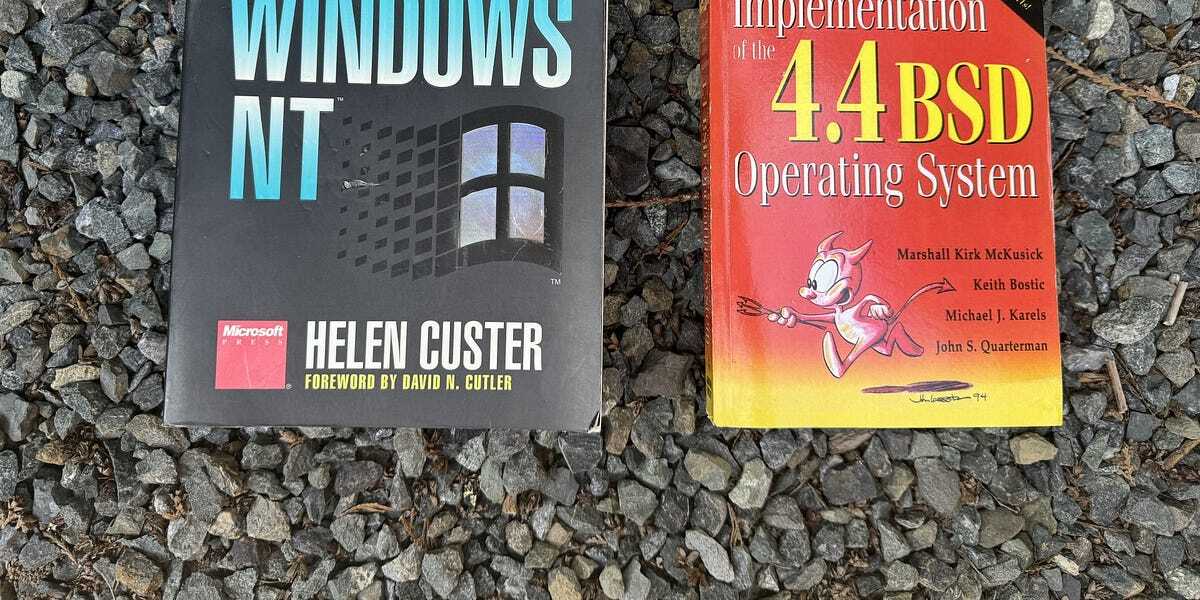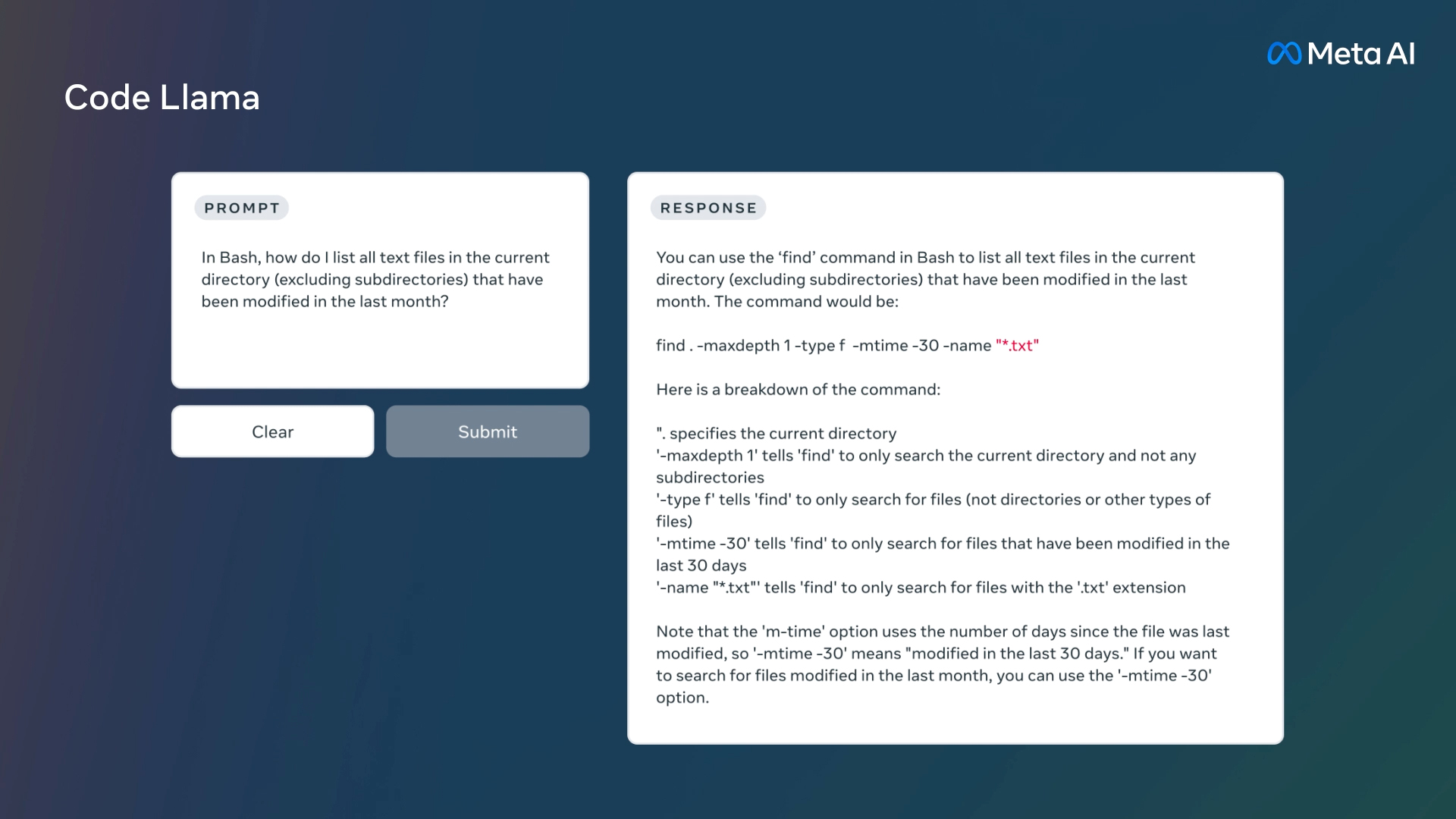- 18 Posts
- 10 Comments

 1·1 year ago
1·1 year agoIt comes down to bridging. I use discord and slack via IRC bridges. I actually use slack a lot (for work), but primarily through irslackd. I do not use slack for anything outside of work and would prefer to keep it that way.
For discord, I primarily use it through bitlbee-discord. With this bridge/gateway, I can actually chat on different servers at the same time, so I wouldn’t mind this for different communities if I had to.
Matrix is last because I don’t really have a good briding solution for it and it just seems clunkier than the other two for me.

 3·1 year ago
3·1 year agoI would be less willing to contribute/participate in discussions if newer platforms such as discord, slack, or matrix are used. Of those three, I would prefer discord, then slack, then matrix.
As it is, I only use Slack for work, and mostly avoid discord and matrix except for a few mostly dead channels/servers.
I understand that this is not the mainstream view and that most people prefer the newer platforms, but personally, I am not a fan of them nor do I use them.

 2·1 year ago
2·1 year agoI’m fine with IRC (actually prefer it as I use it all the time).
I agree with others that a mailing list is more intimidating and more of a hassle, but if there is a web archive, I can live with that. It wouldn’t be my preference, but it wouldn’t be an insurmountable barrier (I have contributed to Alpine Linux in the past via their mailing list workflow).

 29·1 year ago
29·1 year agoI think this is the author being humble.
jmmvis a long time NetBSD and FreeBSD contributor (tmpfs, ATF, pkg_comp), has worked as a SRE at Google, and has been a developer on projects such as Bazel (build infrastructure). They probably know a thing or two about performance.Regarding the overall point of the blog, I agree with
jmmv. Big O is a measure of efficiency at scale, not a measure of performance.As someone who teaches Data Structures and Systems Programming courses, I demonstrate this to students early on by showing them multiple solutions to a problem such as how to detect duplicates in a stream of input. After analyzing the time and space complexities of the different solutions, we run it the programs and measure the time. It turns out that the O(nlogn) version using sorting can beat out the O(n) version due to cache locality and how memory actually works.
Big O is a useful tool, but it doesn’t directly translate to performance. Understanding how systems work is a lot more useful and important if you really care about optimization and performance.

 5·1 year ago
5·1 year agoYou can escape the
:URLS = https\://foo.example.com URLS += https\://bar.example.com URLS += https\://www.example.org
I’m a fan (and contributor) to Photon. This is my main lemmy client on desktop and on mobile (I usually use the compact view, which I implemented).

 7·1 year ago
7·1 year agoIndeed… :|

 211·1 year ago
211·1 year agoThis looks incredibly cool and fun. Would be interested trying to re-write some of the games myself when I have some free time.
Seems to have been down all day. Earlier it loaded with a completely empty Lemmy :|









Oh. I’m sorry if this was discussed previously… I only returned to lemmy a few weeks ago and didn’t see the story covered yet.